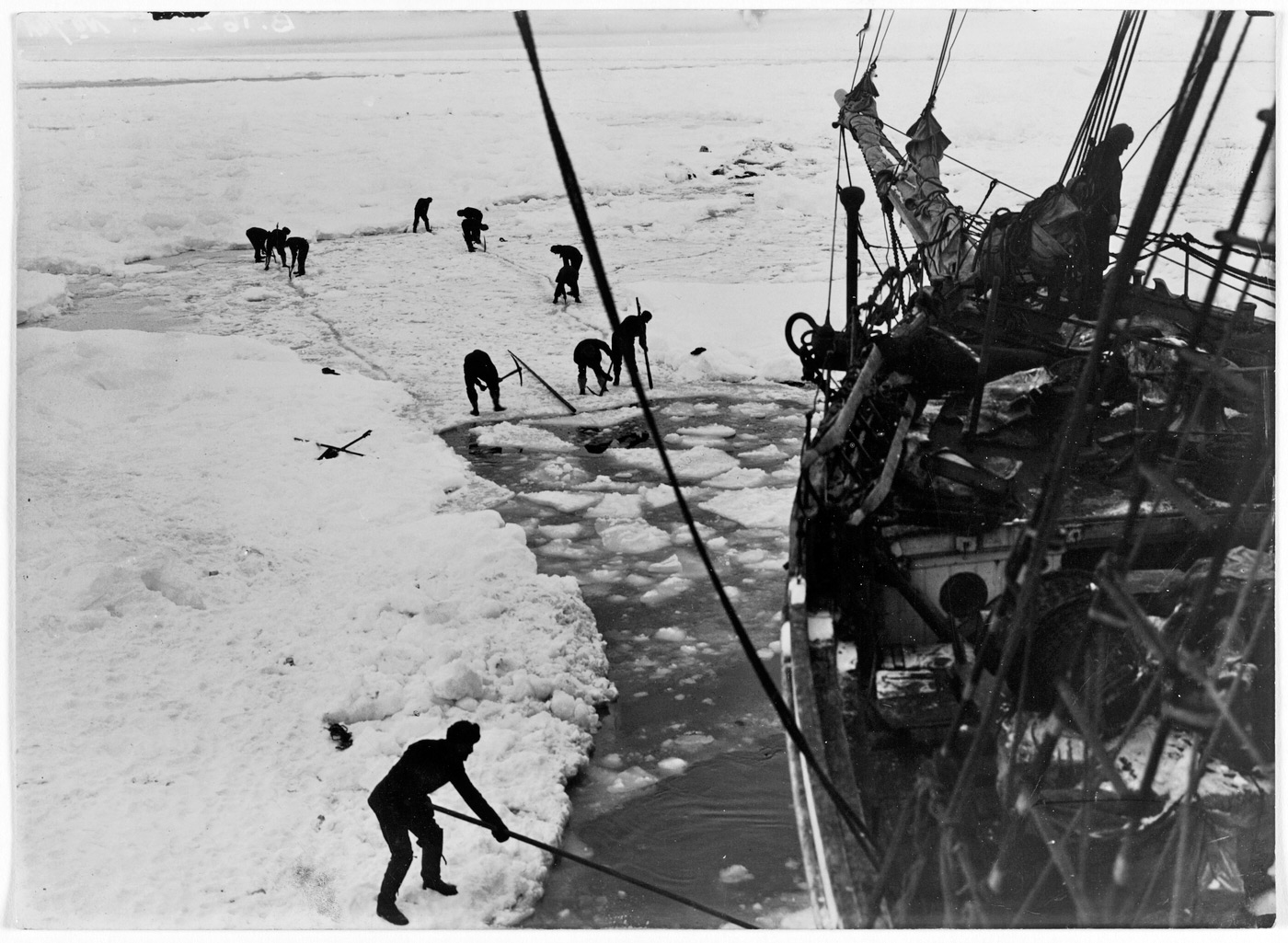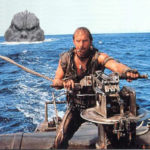Shannon Stirone wrote the article “Mars Is a Hellhole” (The Atlantic February 26, 2021) saying that because Mars is inhospitable, we should not colonize it.
Stirone invokes Carl Sagan by concluding: “There really is only one true home for us—and we’re already here.”
Surely, Sagan wanted us to appreciate the Earth, but I doubt that Sagan ever intended to discourage humans from colonizing the Solar System. In fact, the opposite is true.
But I wonder if a philosopher 50,000 years ago advised Homo sapiens planning an excursion to Europe: “Africa is the only true home for us—and we’re already here”. Lucky for us, if he existed, he was not listened to.
Stirone wrote: “If you’re out on an extravehicular activity and something happens [to your spacesuit], … Mars will kill you.”
Our Paleolithic African philosopher could have made the same point: “If you are in Europe during winter and something happens to your newly developed exposure-protection technology (clothing), … Europe will kill you.” Most of the Earth outside of the tropics is a hellhole, killing humans who find themselves without appropriate technology.
That is what technology is for, to relieve ourselves of the need to die-by-nature.
Stirone need not feel the emotions that explorers feel when they face big challenges. Or understand their motivations. I only want her to respect that people differ. Some are more willing to sacrifice comfort to explore. Some individuals are even willing to sacrifice their lives to make discoveries and go where no one ever ventured before.
I am such an explorer, so I speak from personal experience. Among other expeditions, I bicycled for 3 months solo across the Australian deserts. Comfortable? No? But damn interesting. And educational.
Given a chance, I would go to live on Mars. And I’m evidently not alone, given the number of other adventurers like me, who signed up for similarly risky expeditions. Shackleton got volunteers who were fully aware of extreme discomfort and substantial risk of death during long polar nights in a cramped ship frozen in the ice. Yet sign up they did.
Maybe this curiosity and the urge for exploration made us leave Africa. It made us colonize and re-colonize the world. It made us sail beyond horizons. Stirone disapproves, pejoratively calling it “flag planting”. I call it exploration. I call it seeking challenges. I call it discovery. I call it learning.
I just feel the need to explore.
We choose to go to Mars because it is a hellhole, because it might kill us. Yes, survival there would be on the edge of current technology. That is why its exploration will drive invention. No, it will not be comfortable. But that is what makes it interesting. That is why we want to go. To use our brains, body, and inventions to expand frontiers. We know the risks. We want to survive. And in doing so, we want to turn the “Hellhole” into a paradise. As our African forebears did in Europe.
After generations of dreamers (Carl Sagan including), Elon Musk through SpaceX provides the technological means to fulfill these dreams in our generation, motivating young people to study the sciences.
Shannon Stirone does not want to sacrifice her comfort or risk her life to discover and explore, and that is all right, that is her choice. But there is no need for Shannon Stirone to use her pen to diminish those who do not share her love of comfort.
I leave for later the logical and factual problem with Stirone’s exposition.
Let me also end by invoking Carl Sagan, putting his quotes from Pale Blue Dot: A Vision of the Human Future in Space in a broader context:
“For all its material advantages, the sedentary life has left us edgy, unfulfilled. Even after 400 generations in villages and cities, we haven’t forgotten. The open road still softly calls, like a nearly forgotten song of childhood. We invest far-off places with a certain romance. This appeal, I suspect, has been meticulously crafted by natural selection as an essential element in our survival. Long summers, mild winters, rich harvests, plentiful game—none of them lasts forever. It is beyond our powers to predict the future. Catastrophic events have a way of sneaking up on us, of catching us unaware. Your own life, or your band’s, or even your species’ might be owed to a restless few—drawn, by a craving they can hardly articulate or understand, to undiscovered lands and new worlds.”



